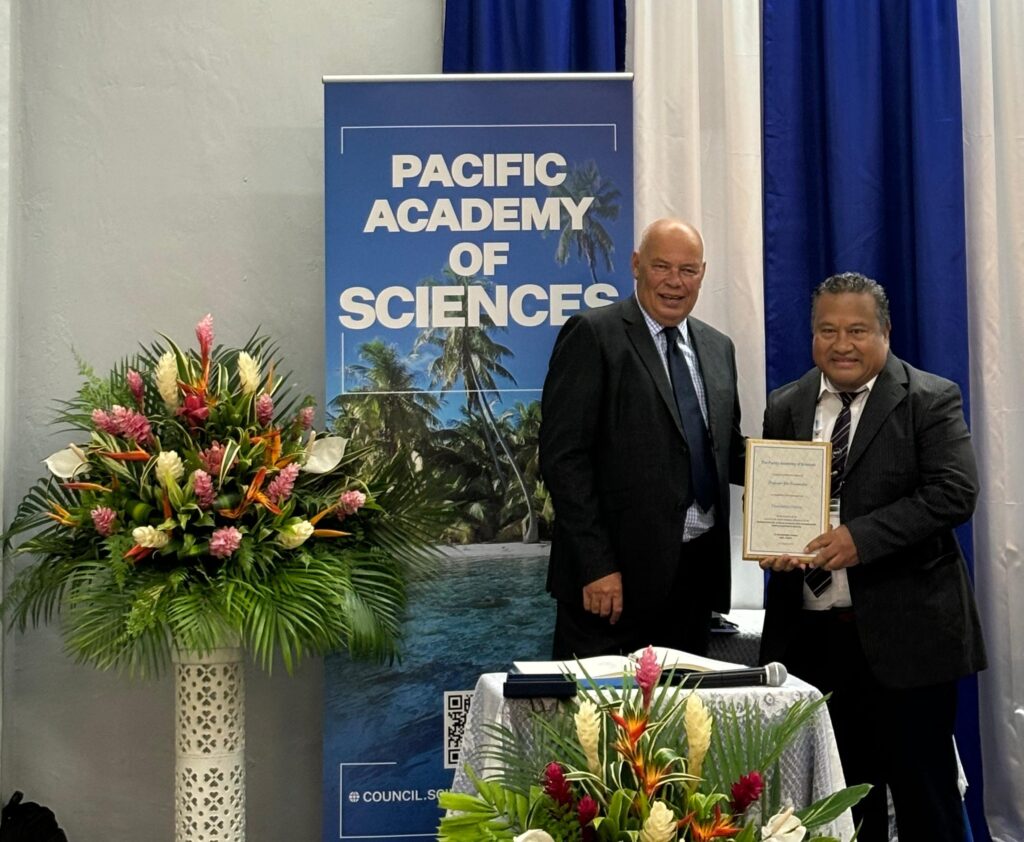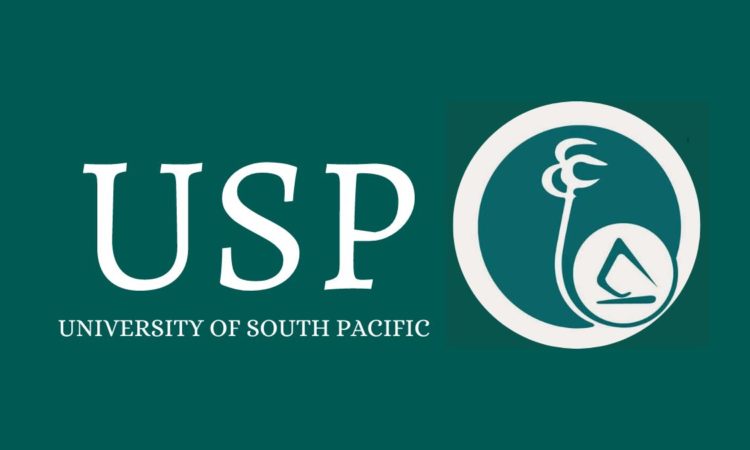The Pacific region is rich in biodiversity and cultural heritage, yet many of our islands face pressing challenges, from climate change to sustainable development. By bringing together scientists and scholars from various disciplines across the region, we can foster innovative solutions tailored to our unique environmental and social contexts.
This was the sentiment shared by The University of the South Pacific’s (USP), Deputy Vice-Chancellor & Vice-President (Education), Professor Jito Vanualailai as a Foundation Fellow of the newly-established Pacific Academy of Sciences.
I am honored to be part of a regional agency that will work towards solutions through evidence-based science and knowledge.
As a regional university, USP’s young scientists would also benefit from the Academy through the mentorship opportunities and forging connections with scholars across the globe.
As one of the 12 Foundation Fellows, I look forward to fulfilling the objectives of the Academy.
Professor Vanualailai
The new Academy was officially launched in Samoa during a side event at the Commonwealth Heads of Government Meeting (CHOGM) by the Prime Minister of Samoa, Honourable Fiame Dr Naomi Mata’afa through an address delivered by the Deputy Prime Minister, Honourable Tuala Tevaga Iosefo Ponifasio.
Today’s challenges transcend borders. They require international collaboration among scientists and experts of all disciplines to curate knowledge and scientific evidence that can inform public policy and guide our actions.
The launch of the Pacific Academy of Sciences marks an important milestone in establishing a regional collaboration in the pursuit of knowledge for a prosperous and thriving Pacific Islands region.
I offer my warmest congratulations to the newly elected Foundation Fellows who have the important and historic opportunity to advance the Pacific Academy of Sciences and give voice to science in and from the Pacific Islands.
Now, more than ever before, the Pacific Islands has a mechanism to draw on its rich and unique knowledge of our region and its people to positively influence global decisions.
Prime Minister Mata’afa



One comment
Comments are closed.